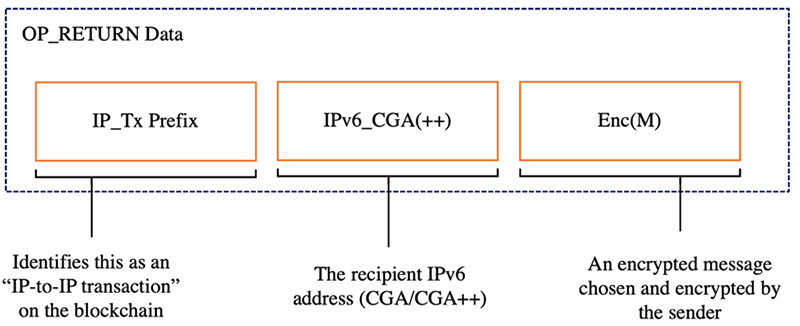ETSI releases new Report on IPv6-based Blockchain
Sophia Antipolis, 31 August 2022
ETSI has just released ETSI GR IPE 012, a new IPv6 Enhanced innovation (IPE) Group Report “IPv6-based Blockchain”. The report outlines how IPv6 can be utilized by blockchain networks to secure direct peer-to-peer payments between end users, as well as the potential future role of IPv6 as vital infrastructure, supporting the blockchain.
In 2008, Bitcoin created a breakthrough in peer-to-peer electronic cash and payments. This paradigm enabled payments to be sent inexpensively over the Internet, allowing peers to use IP addresses to communicate and complete transactions directly between one another via the blockchain.
Despite its potential, this mechanism for direct payments using IP addresses was later depreciated due to the high risk of cyber attacks and hacking that were associated with the IPv4-based Internet infrastructure at the time.
In this report, the model for peer-to-peer blockchain payments is revisited in the context of modern Internet protocols, such as DNSSEC and IPv6. An outline is provided, examining how direct online payments could be reintroduced into the blockchain ecosystem by leveraging these secure modern technologies. In particular, the report outlines key management strategies that can be used to link IPv6 addresses with blockchain payments, facilitating both online and offline exchanges of value.
The report further details a variety of applications that can be supported by the integration of IPv6 and cryptographically generated addresses (CGA) with blockchain. An example of this would be an on-chain private IP-to-IP messaging application.

The on-chain data components from an example of an on-chain messaging scheme
The report shows how the properties of IPv6 lend themselves to new methods for constructing direct payments between Internet users, and how these same principles can be extended to new use cases for machine-to-machine and human-to-machine payments. This way, blockchain networks are now able to take full advantage of the expanded address space of IPv6 and the ability to associate payments with cryptographically generated IPv6 addresses.
